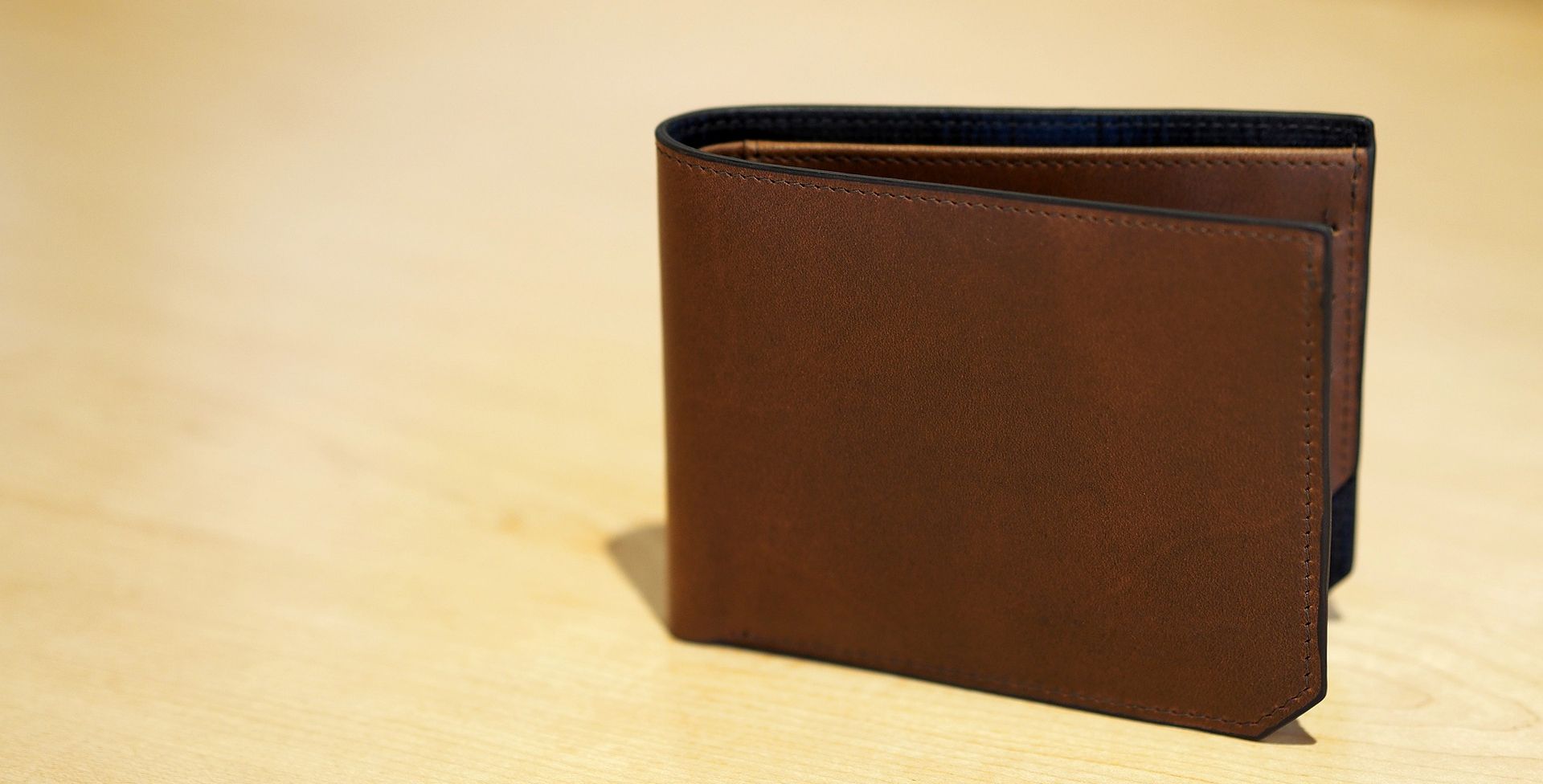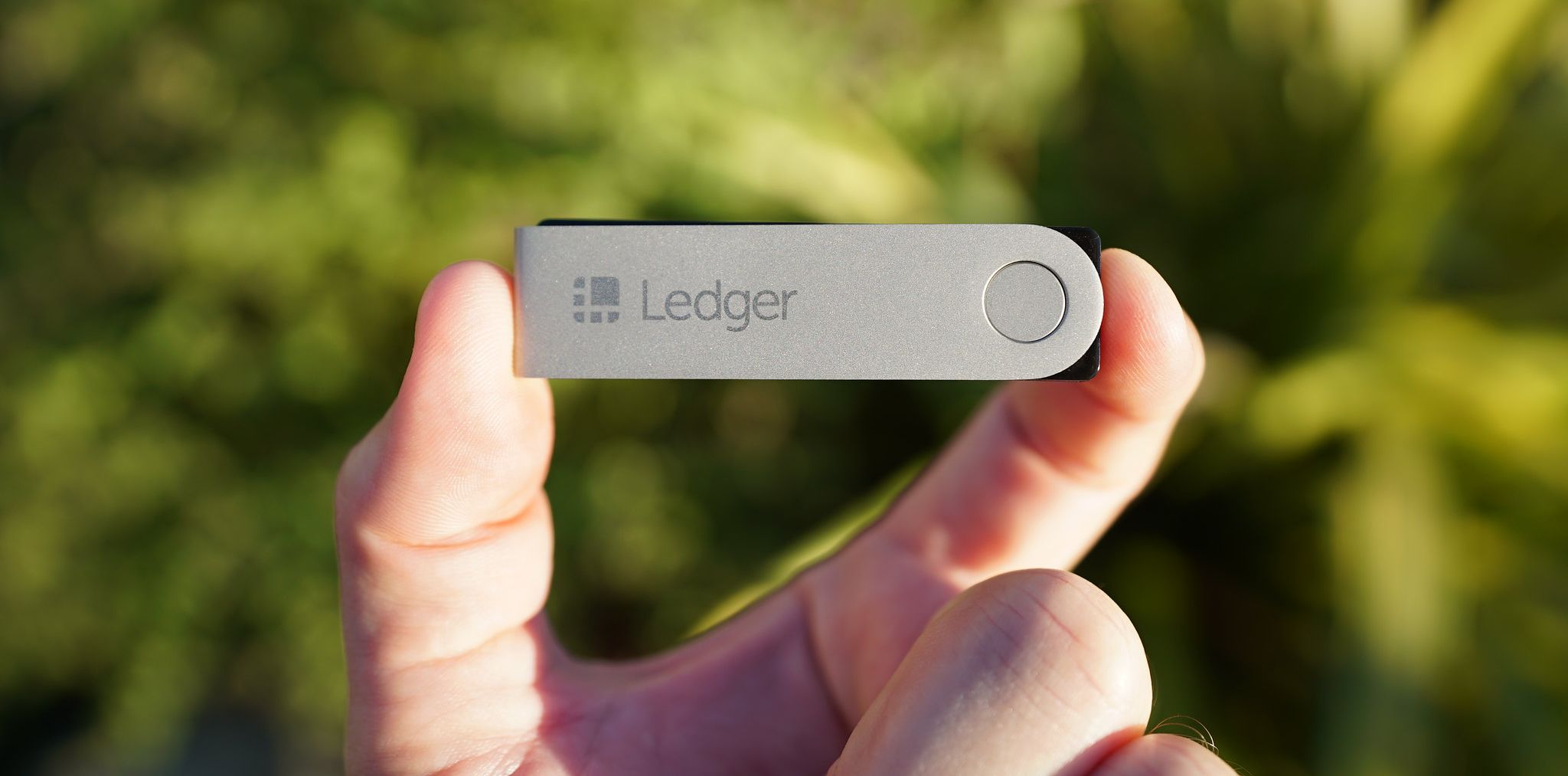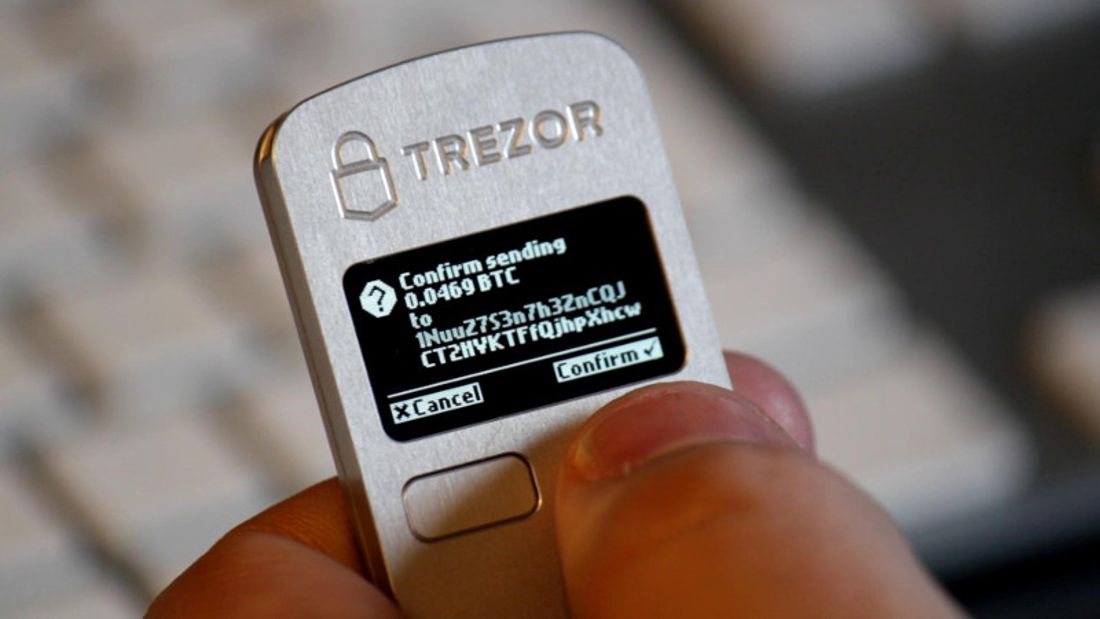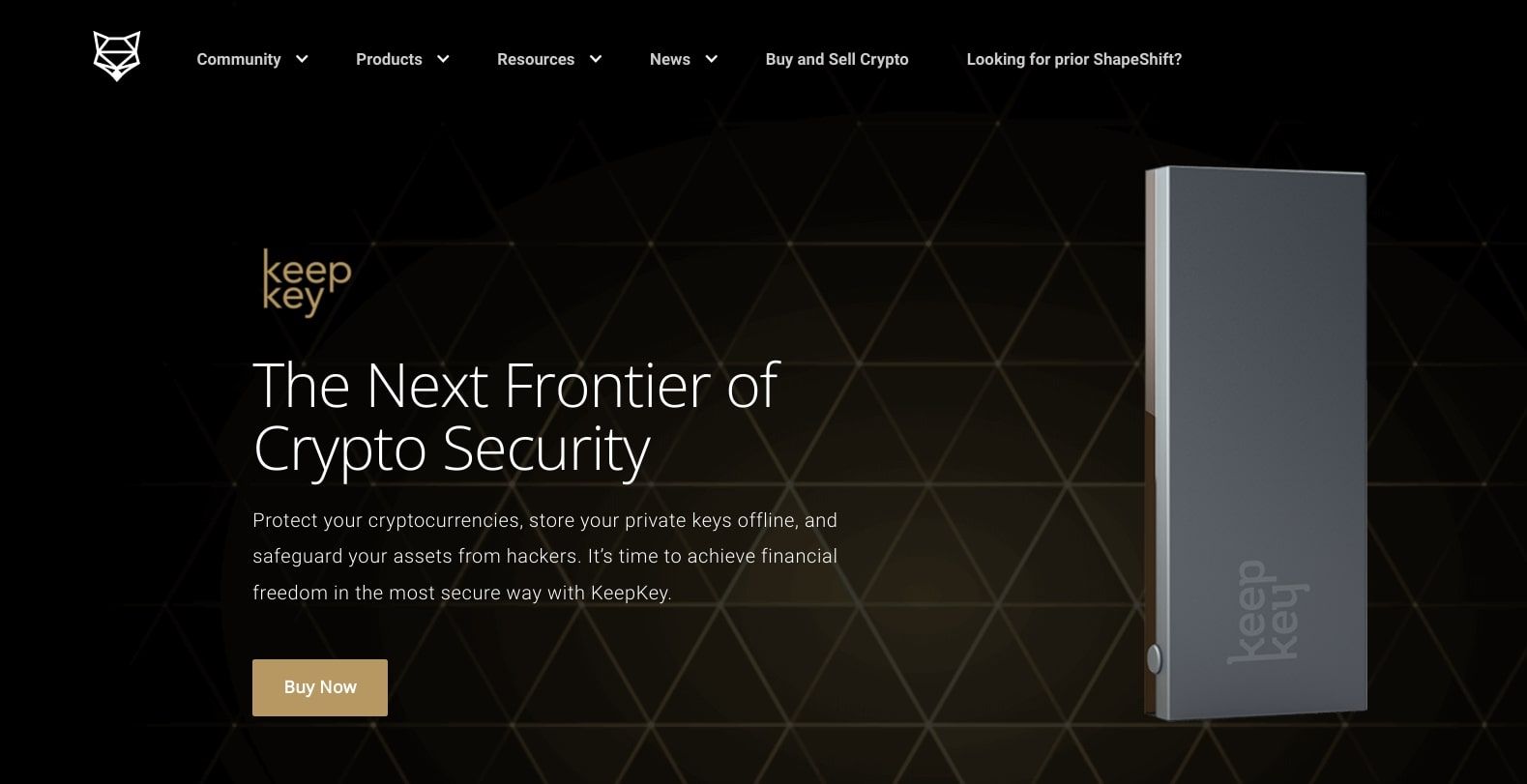Dogecoin has stood as one of the most popular cryptocurrencies in the market for some time. This coin, which began as a joke, has risen through the ranks to become an industry giant. But where should you be storing your Dogecoin private keys to ensure your funds stay safe? What are the best Dogecoin wallets out there today?
The Different Kinds of Crypto Wallets
Before you choose a crypto wallet for your Dogecoin, you must know the different kinds of wallets out there, as they are not all one and the same. When it comes to crypto wallets, you'll often see four main categories: hardware, software, custodial, and non-custodial. We've got dedicated pieces explaining the differences between hardware and software, as well as custodial and non-custodial wallets, but we'll quickly run over each here.
A hardware wallet is a physical device that stores your private keys offline. In contrast, a software wallet is entirely digital and usually comes in the form of a desktop or smartphone app. Unlike hardware wallets, software wallets are connected to the internet, meaning they are considerably more exposed to hacks. However, software wallets are often free, which is why most crypto holders lean towards this option.
A custodial crypto wallet holds your private keys for you, whereas a non-custodial crypto wallet gives you total control of and access to your private keys. Most people tend to prefer non-custodial wallets, as they don't need to trust a third party to protect their funds. But this doesn't mean custodial wallets are unsafe.
For the absolute highest levels of security, a non-custodial hardware wallet is ideal but not always convenient. So, let's get into the best DOGE wallets for your funds.
The Best Dogecoin Wallets
1. Binance Wallet

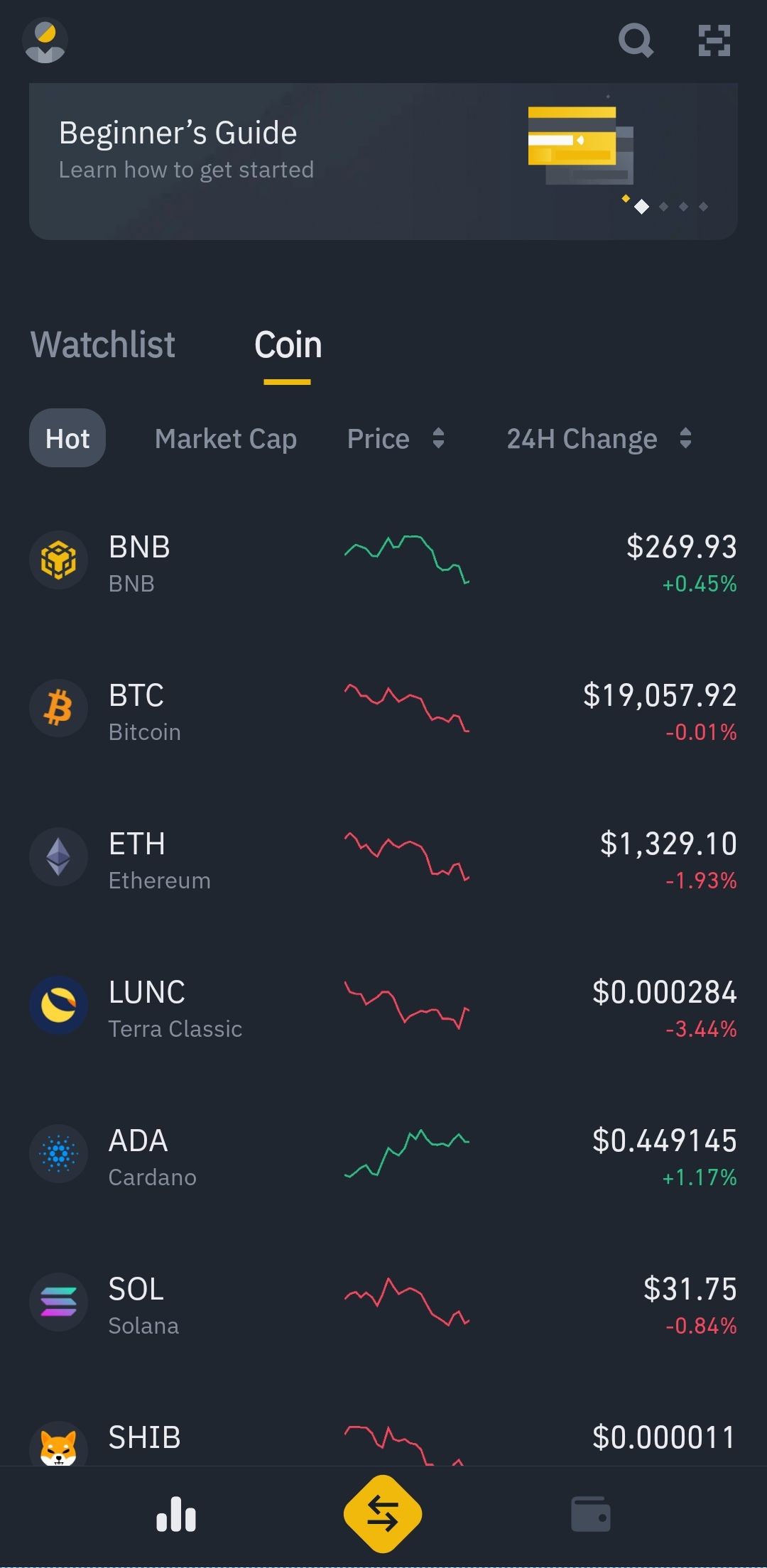
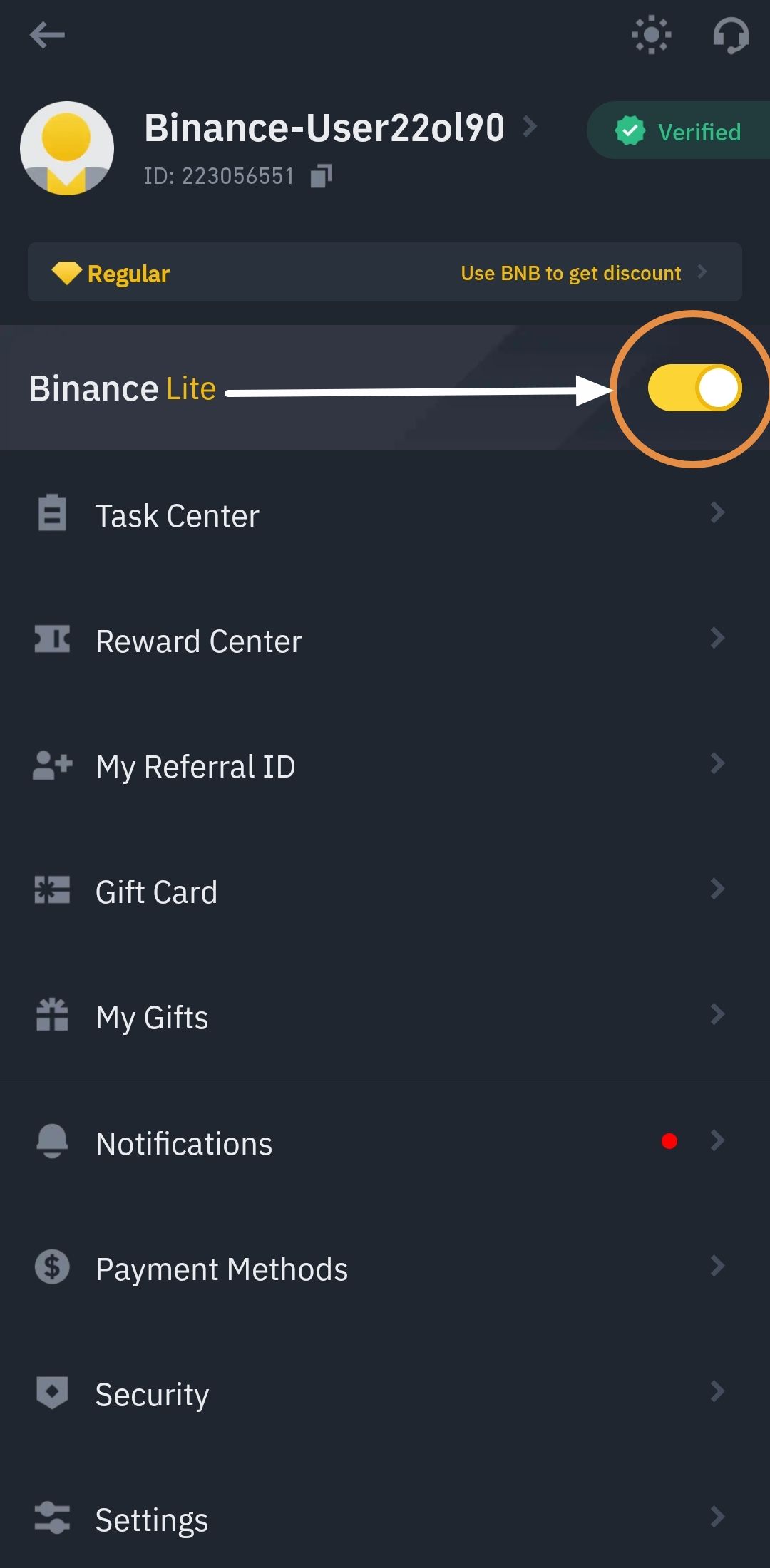
The first choice in our list is Binance's custodial software wallet. But don't panic. Software custodial wallets are not necessarily unsafe, as long as you're using a trusted provider with good security features.
Binance's custodial wallet supports a wide range of cryptocurrency keys, including Bitcoin, Ethereum, and, of course, Dogecoin. Using Binance's wallet, you can utilize the platform's range of different security features, including two-factor authentication and address whitelisting.
Binance also offers its users trading advice and offers its users two different exchange interfaces for beginners and pros if you're looking to buy, sell, or stake your DOGE funds using the Binance exchange.
2. Ledger (Nano X or S)
Ledger is one of the world's leading hardware wallet providers, with its two main models, the Nano X and Nano S, gaining a lot of popularity among crypto holders. Both the Nano X and S support the storage of Dogecoin private keys, and there are a number of reasons why this wallet provider is one of our top choices.
Firstly, Ledger's wallets use a unique operating system known as BOLOS, or Blockchain Open Ledger Operating System. BOLOS is designed to isolate all existing wallet apps from each other and allows DApp developers to create source code securely. Isolating each app means that information is never traded in between and so can be kept super secure.
Ledger also uses a Secure Element (SE) chip to store your seed phrases and private keys safely. SE chips are designed to avoid malicious attacks, such as hacks, even when they are highly sophisticated. So, using Ledger's wallets, you can ensure that your Dogecoin funds are being guarded effectively.
However, it is worth noting that Ledger's wallets are not free. You can grab a Ledger Nano S for around $80, while the Nano X retails at around $150 (though prices will vary based on the site being used).
3. Exodus
Exodus is a widely used software wallet that supports over 200 cryptos, including Dogecoin. Though Exodus is a software wallet, it is non-custodial, meaning it gives its users total control of their private keys. Exodus also has a range of security features to ensure its users' keys are kept safe, including PIN protection, biometric login, and auto-lock.
Because Exodus is non-custodial, your private keys can be stored locally on your chosen device. But a software wallet can only be so secure, as it largely relies on your device's security features to protect you from attacks. So, if you want to use Exodus, ensure that your device is equipped with a trusted antivirus program and is protected by a PIN or password login.
Additionally, Exodus offers its users a 12-word recovery phrase for urgent scenarios so that you don't lose your wallet for good if you forget your login details.
4. Trezor (Model T or One)
Like Ledger, Trezor is another popular hardware wallet provider with two models: the Model T and Model One. Of course, because Trezor's wallets are physical, they can store your private keys offline (in cold storage), which protects them far more effectively from remote attacks. Trezor's firmware is also open source, giving people the ability to identify and patch vulnerabilities or bugs around the clock.
But, unlike Ledger, Trezor's wallets do not use an SE chip. The company states that this is because Secure Elements are closed source, which goes against its open source preference. But Trezor does use other security features, such as two-factor authentication, PIN protection, and an ultrasound hardware seal. So, it can still act as a reliable Dogecoin wallet.
5. Coinbase Wallet
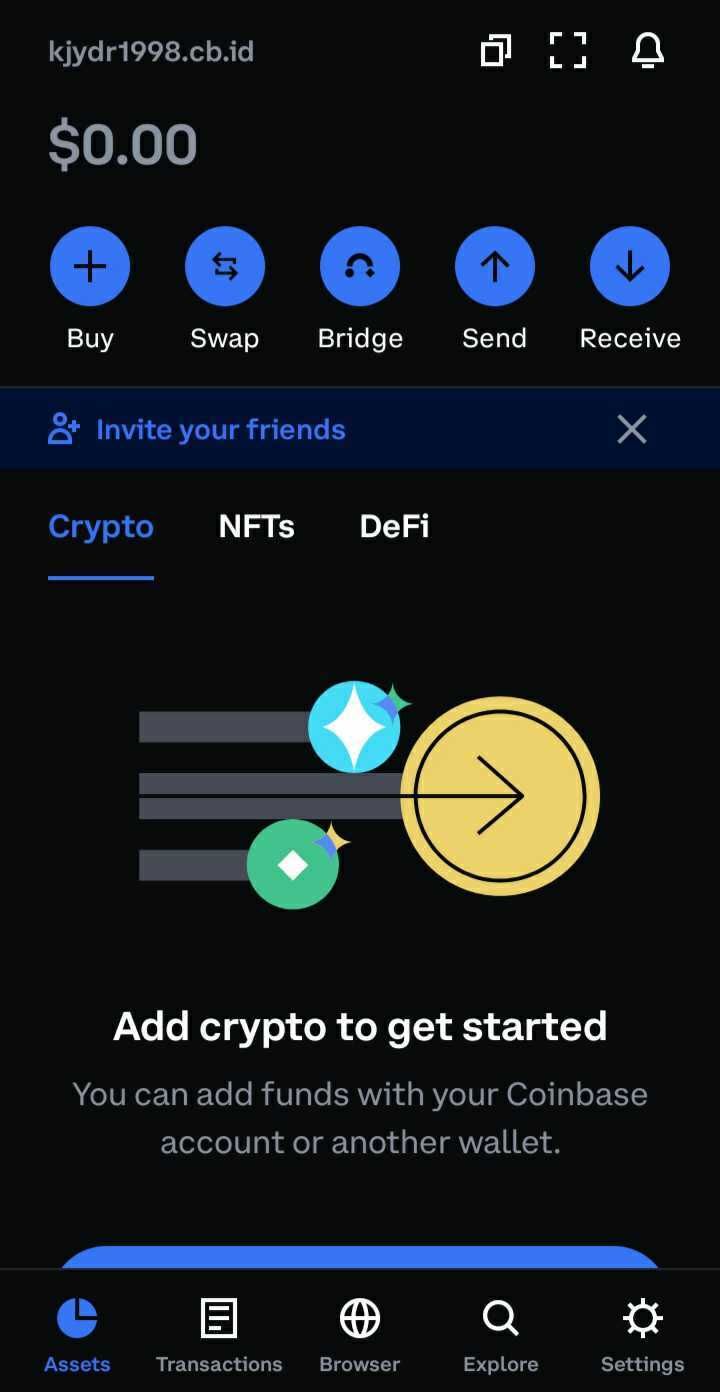
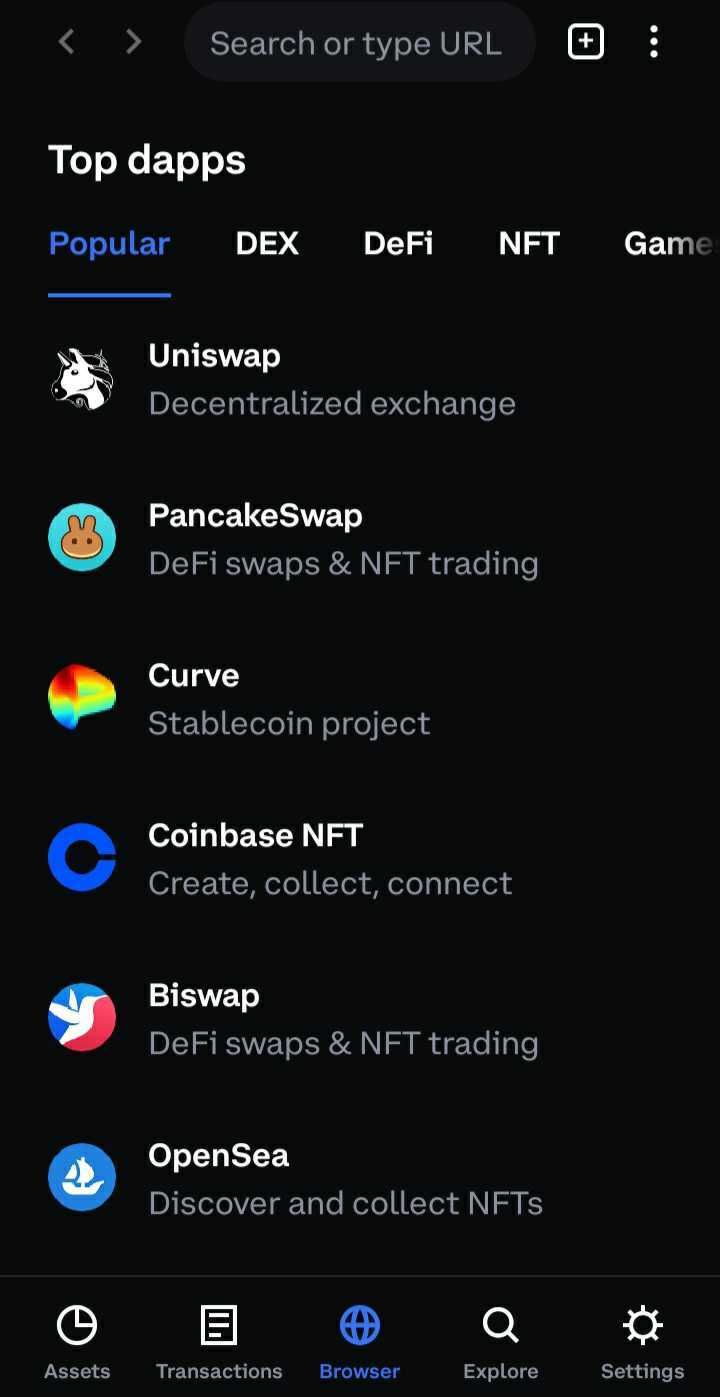
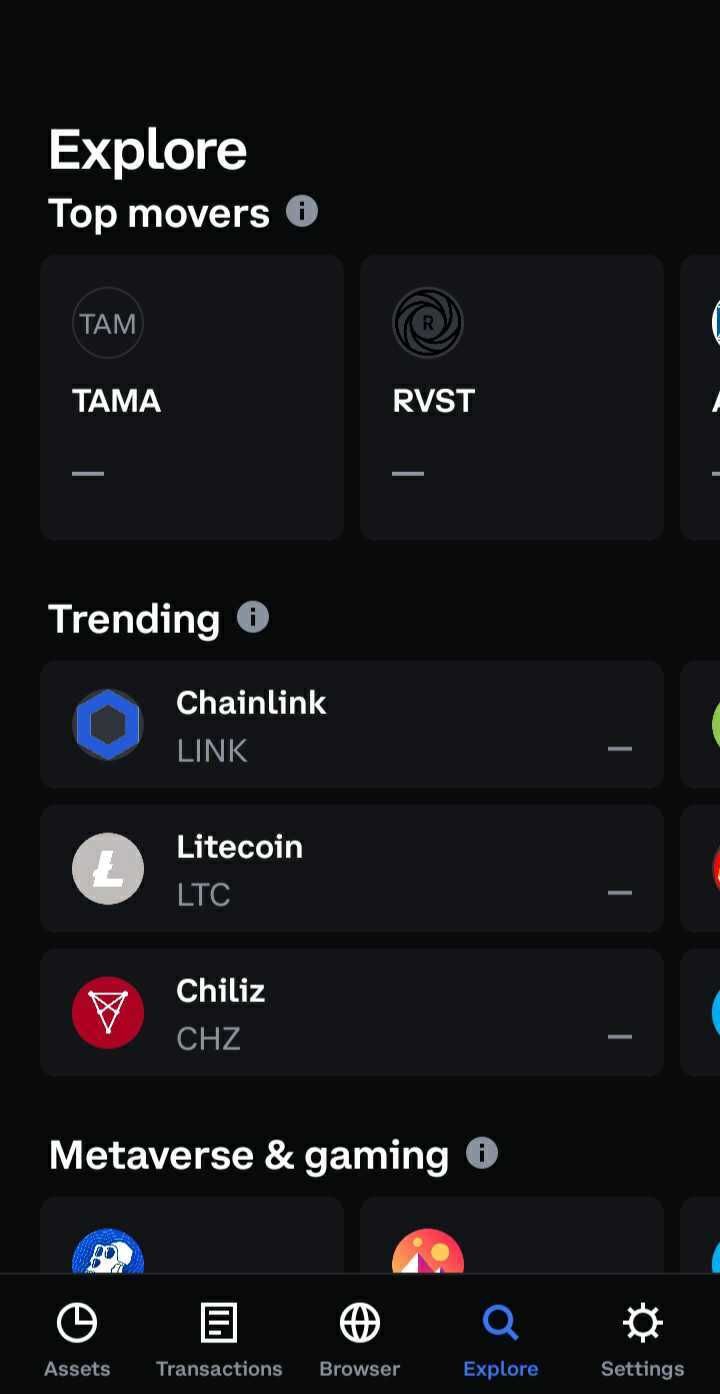
Like Binance, Coinbase's wallet is also custodial, so your private keys are in the hands of the provider, not you. This can be very convenient and takes the pressure off the user, but many view non-custodial wallets as safer, as discussed above. However, if a custodial wallet sounds like the right fit for you, Coinbase Wallet may suit you well.
Coinbase Wallet supports a lot of well-known currencies, including Dogecoin. This wallet has a range of useful security features that can protect your private keys, including something known as a Vault. Coinbase's Vault allows you to store your funds separately in an account that prevents immediate crypto withdrawals.
Users can either choose a trusted individual to verify withdrawals or have their withdrawal go through an approval process. This stops unauthorized parties from draining your wallet in seconds. Note that the Vault feature cannot be used via the Coinbase smartphone app.
6. Atomic Wallet
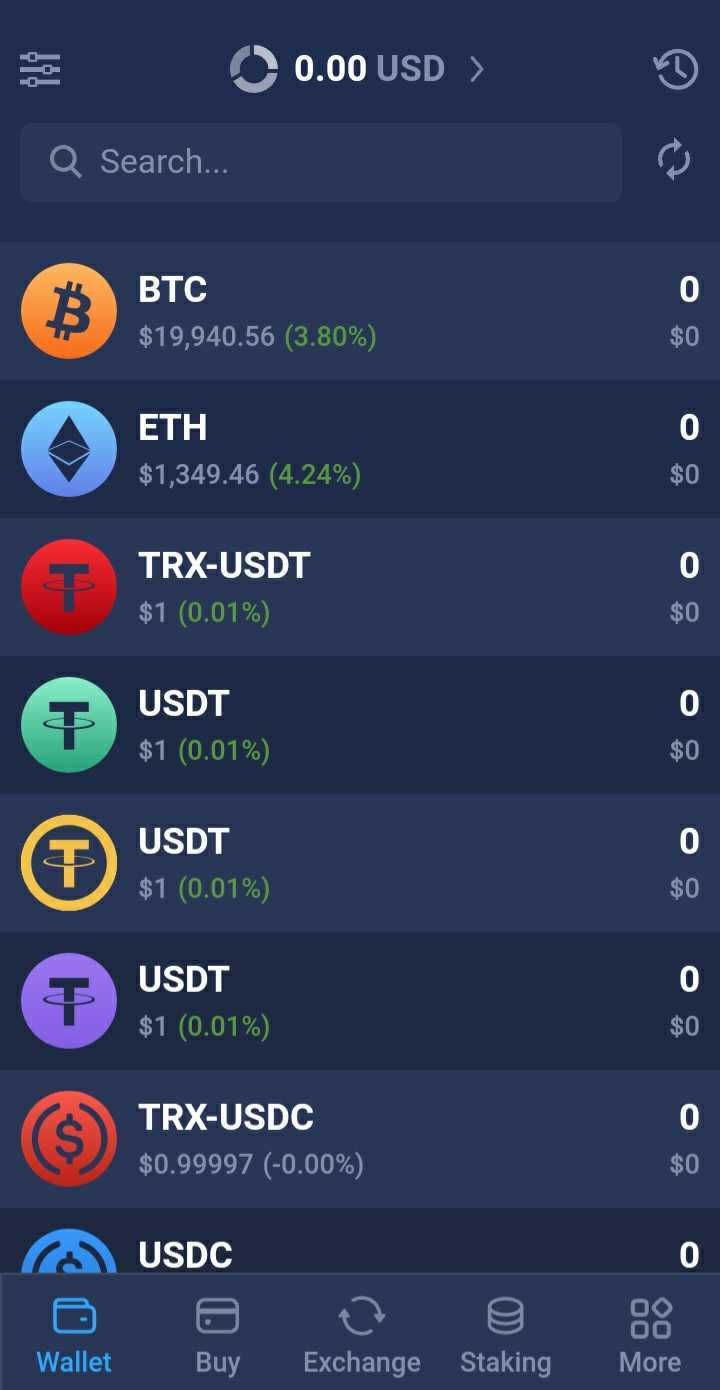
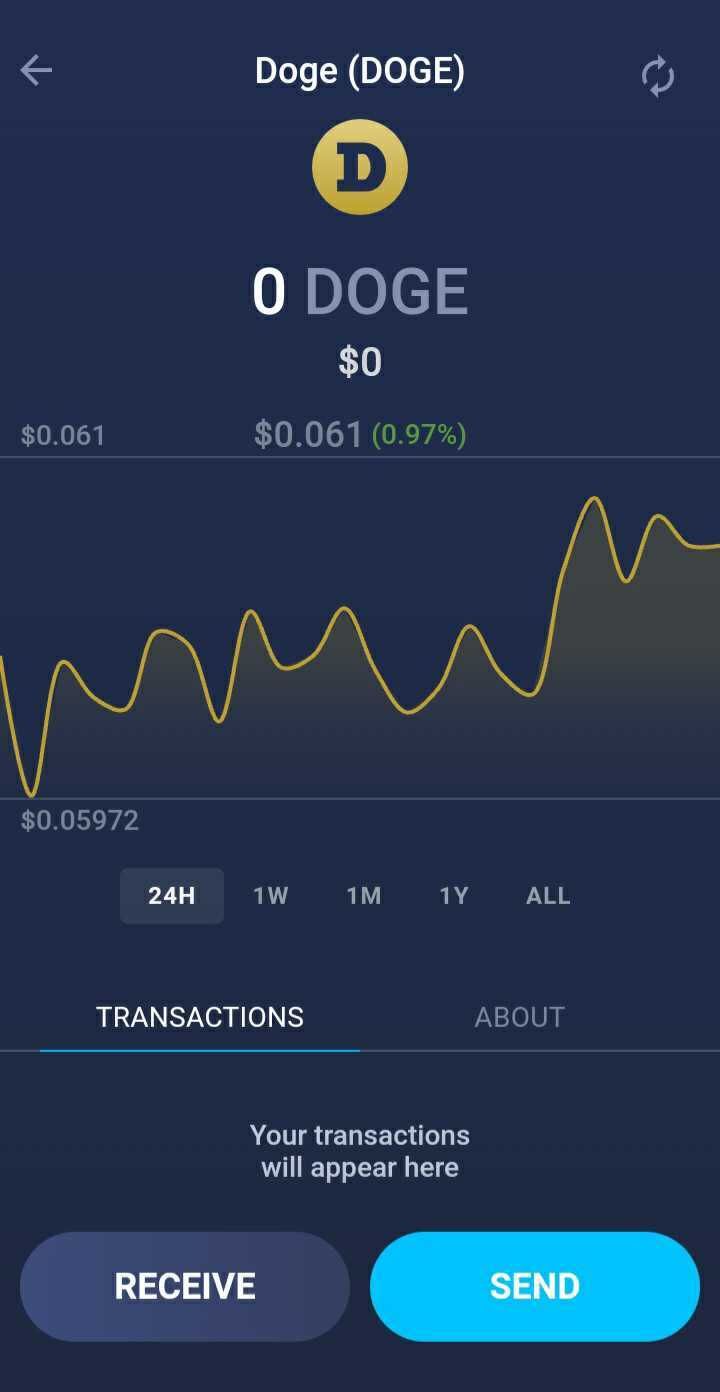
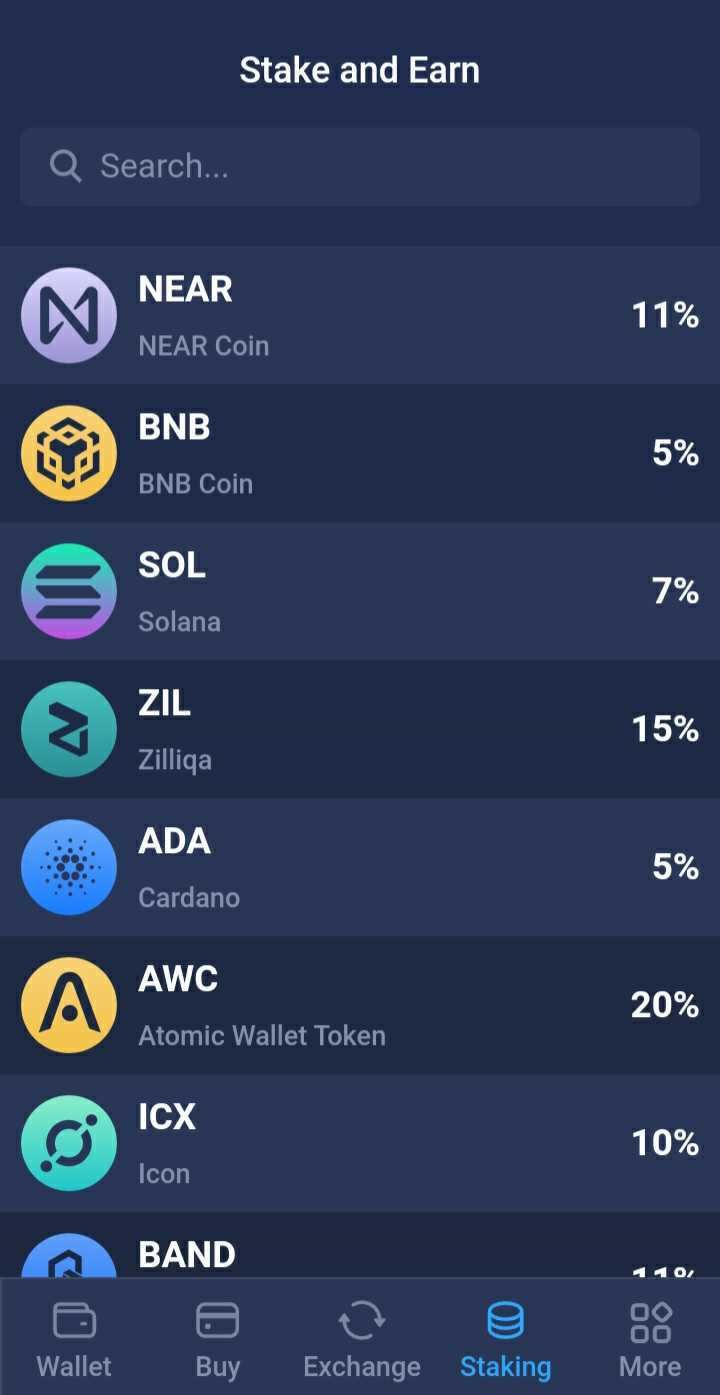
Atomic Wallet isn't just useful for storing your Cosmos (ATOM) private keys. You can also use Atomic Wallet to keep your Dogecoin funds safe.
Atomic Wallet is a trustworthy software wallet provider that allows users to store their keys in a non-custodial fashion. This means that you have total control of your private keys, so their safe storage is reliant on you. Like Exodus, Atomic Wallet lets you store your private keys on your device, so you'll need to equip it with adequate security features to keep your private keys safe.
But Atomic Wallet offers a range of additional security features to ensure your private keys are not stolen. Firstly, your locally stored information is encrypted using AES symmetric encryption. Any data from your account that has to interact with a blockchain is also protected using TLS (Transport Layer Security). On top of this, you can use a password to protect your Atomic Wallet account and a 12-word seed phrase to recover your wallet in emergencies.
7. KeepKey
KeepKey is another example of a trusted hardware wallet developed by ShapeShift, a popular DeFi platform. While it isn't as popular as Ledger and Trezor's models, KeepKey is still a reputable product that can protect your digital assets.
While KeepKey only supports 40 cryptocurrencies, Dogecoin is one of them. Using KeepKey, users can trade and transfer funds safely via a hardware platform, and offers useful security features, such as PIN protection and passphrases, and can be used to buy other fiat currencies using a credit card. There's also no limit to how many wallet addresses you can assign to a single KeepKey device.
KeepKey is considerably cheaper than other well-known hardware wallets, with prices starting at around $50. So, if you're looking for a trusty hardware wallet but don't want to splash too much cash, KeepKey may be the option for you.
Keep Your Dogecoin Funds Safe with a Reliable Wallet
It can be difficult to choose a crypto wallet that's well-suited to your preferences, as there are now so many options out there. So, if you want to safely store your Dogecoin private keys, use the list above to find the best Dogecoin wallet for you.


